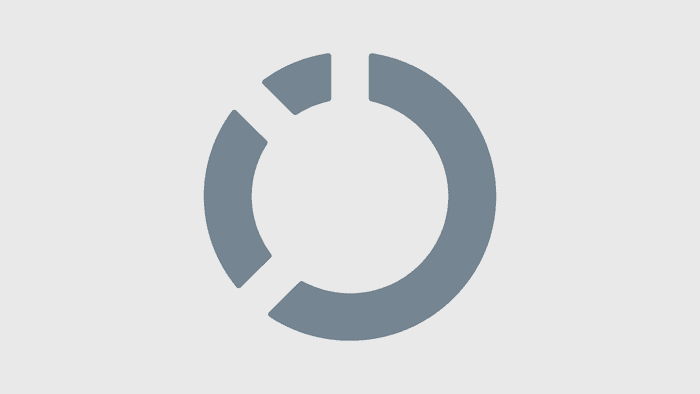Health IT Pros Face Salary Gap
Electronic medical records, compliance, and other initiatives are driving demand for health IT pros. But according to <em>InformationWeek</em>'s 2012 Salary Survey, their compensation still trails that of IT professionals across all industries.


Implementation of electronic health records (EHRs), compliance with government regulations, and other healthcare IT initiatives are driving up demand for health IT pros these days. But while their pay inched up last year, health IT professionals' compensation still, for the most part, lags behind IT pros across all industries, according to the InformationWeek 2012 IT Salary Survey.
However, while health IT managers earned smaller paychecks than IT managers across other industries, healthcare CIOs fared better than CIOs in general. The median total compensation for CIOs across all industries in the 2012 survey was $161,000; healthcare CIOs earned $180,000. Healthcare IT staffers also did better than healthcare IT managers, whose increases in base pay and total compensation in 2012 over 2011 were slightly smaller than those seen from 2010 to 2011.
These numbers make sense when considering where organizations are in a variety of compliance-related cycles. From 2010 to 2011, for example, healthcare organizations--and their IT managers--were gearing up and planning for projects ranging from the Centers for Medicare and Medicaid Services' EHR Meaningful Use Stage 1 implementation to ICD-10 conversion and compliance with ramped-up Health Insurance Portability and Accountability Act (HIPAA) rules.
During that period, healthcare IT managers saw a slightly larger rise in total compensation than they did during the prior 12 months. From 2011 into 2012, these new projects were well underway at healthcare organizations facing impending deadlines, with small armies of IT talent doing much of the heavy lifting at that point (and with said IT staffers seeing a slightly bigger pay bump at the time).
The larger total compensation earned by healthcare CIOs compared with CIOs across all industries may reflect the level of challenges healthcare organizations are experiencing from an IT perspective. In fact, finding and keeping the needed IT and clinical IT skills to accomplish the multiple, high-profile projects in progress at most healthcare organizations is one of the biggest worries that CIOs have, according to the Health Information and Management Systems Society's (HIMSS) 2012 survey of 302 IT leaders.
Nearly a quarter of respondents said a lack of adequate staffing resources was the top barrier to IT implementation. In previous years, inadequate financial resources had been the No. 1 challenge faced by HIMSS survey respondents in terms of IT barriers. Meanwhile, the U.S. Department of Labor has predicted a shortage of 50,000 healthcare IT professionals, based on the extensive healthcare IT-related reform and regulatory mandates underway and expected down the road.
To view highlights from InformationWeek's 2012 healthcare IT salary survey, click through the following slides. For a more in-depth look at all 47 figures, check out the complete InformationWeek Report 2012 IT Salary Survey: Healthcare. (Free registration is required.)
About the Author(s)
You May Also Like
How to Amplify DevOps with DevSecOps
May 22, 2024Generative AI: Use Cases and Risks in 2024
May 29, 2024Smart Service Management
June 4, 2024







